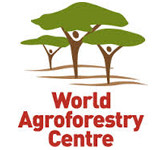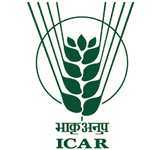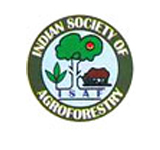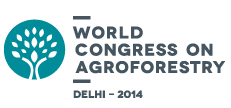
Vigyan Bhavan & Kempinski Ambience
10 - 14 February 2014
Delhi, India
blog
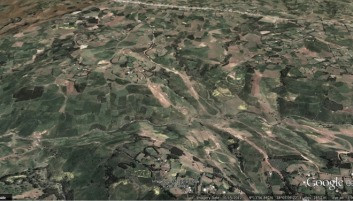
One small change of words is a giant leap in the effectiveness of agricultural research and development.
The race is on to find sustainable ways of producing enough food to feed the world over the next three to four decades. Over this time, population, and living standards for many people, are both set to rise, creating a burgeoning demand for food, at the same time as pressures on land and ecosystems threaten supply. A new article, just out in Current Opinion in Environmental Sustainability, tackles the thorny question of how to ‘scale up’ the use of sustainable intensification options so that they are available to large numbers of smallholder farmers.
There have been a number of high profile calls to scale-up agroforestry as a means to produce more food and fuel in an environmentally sustainable way. Jerry Glover of USAID set out the stall for perennial agriculture in Africa, in a piece in Nature last year: Agriculture: Plant perennials to save Africa’s soils. Olivier De Schutter, the UN Special Rapporteur on the right to food, recently made the case that agroecology can feed the world, and even Bill Gates, quoted on the sleeve of Gordon Conway’s 2012 book ‘One Billion Hungry: Can We Feed the World?’ says “we will need to help smallholder farmers sustainably increase their productivity.” Sustainable, ecological or agroecological ‘intensification’, are the new buzzwords in the corridors of aid agencies and government ministries, and Brian Keating has rekindled interest in agricultural systems thinking under a banner of ‘eco-efficiency’.
Click here for the full article


